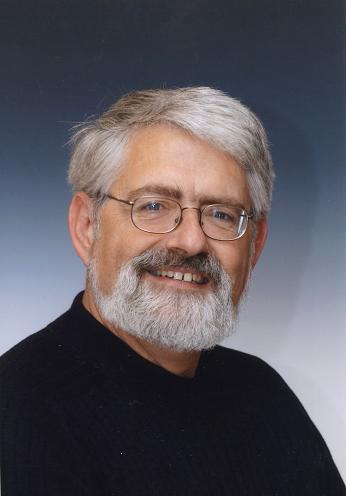The research findings may help to improve voice recognition technologies * The invention was registered as a patent by the application, the research development company of the Hebrew University of Jerusalem, which offers the development rights to it under license

Our brain has a good ability to process voices and sounds and to put order and logic into them even when the sounds and voices are played in a fast or distorted way. The mechanism in the brain that causes our brain to understand, for example, a word spoken in different ways by different speakers or to understand a heavy accent, has been a mystery to scientists until now. For the first time, scientists from the Hebrew University succeeded in building a model that describes the mechanism in the brain that is responsible for decoding speech under changing conditions. This research may lead to upgrading computer software for faster and more accurate speech recognition.
Research colleague Dr. Robert Gottig and Prof. Haim Sompolinsky from the Edmond and Lily Safra Center for Neuroscience (ELSC) at the Hebrew University were able to describe in their research the process in the brain in which the response time of nerve cells to the audio signal is not constant as was commonly thought until now but changes dynamically so that it Lengthens in slow speech and shortens in fast speech. This surprising ability of nerve cells to automatically adjust their internal clock to the arrival rate of the auditory signal allows the brain to overcome large changes in the rate of sounds and voices and other distortions of these signals. Thus, the biophysical mechanism that exists in our brain allows single neurons in the cerebral cortex to learn to solve a word recognition task almost perfectly.
The understanding of the process of decoding speech and the possibilities of copying it into technology - by developing a neural algorithm to identify and process different patterns of audio signals - can lead to a significant upgrade of speech recognition technology in computers and telephones, for example in voice dialing on a telephone, in voice recognition on a computer or in devices for monitoring voices and sounds. The results of the study, recently published in the journal PLoS Biology, can also lead to the development of innovative treatments for hearing problems among adults and young people.
The invention was registered as a patent by the Research Development Company of the Hebrew University of Jerusalem, which offers the development rights to it under license.

3 תגובות
Since when do they even have the right to register patents on something they imitated from nature?
Let's cancel everything and fine all the profits that the patent owners or their heirs hold
.
Those who don't want to "develop" should go to "invest" in slave factories in China and India, we'll get there too.
It is a shame that there is almost no detail, it is very difficult to understand from the short words here what it is all about, why is it so difficult to detail? Maybe it would have been better not to write anything, really annoying.
Beyond the discovery about the brain, I didn't understand what the patent was about algorithms. After all, the existing speech recognition algorithms do formulate to decipher the rhythm of reading the words, they do not assume a fixed and predefined rhythm.